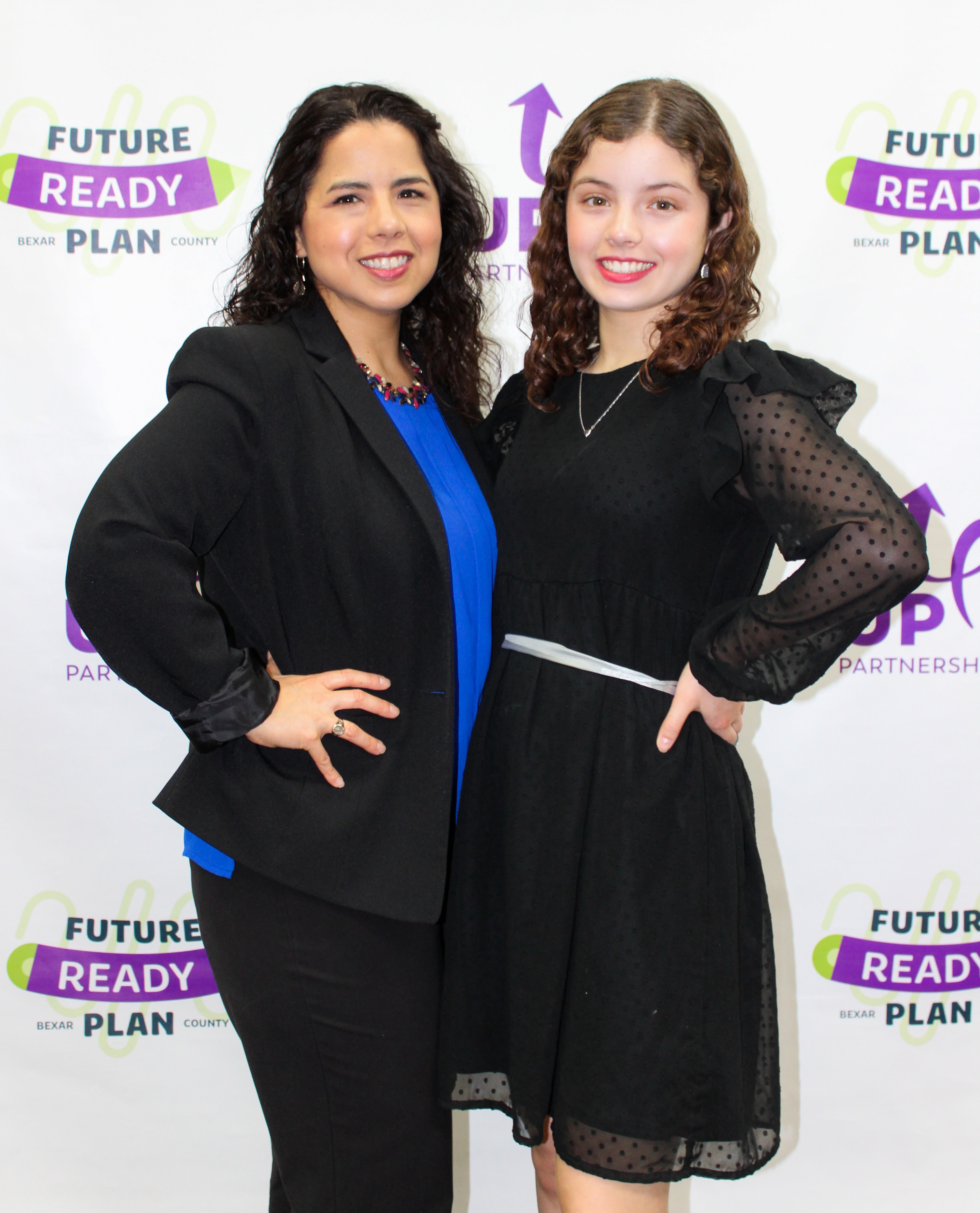Tips to Inspire Student Voice
By Melissa Vela-Williamson, M.A., APR, Fellow PRSA
November 2024
Every interaction we have with youth can encourage or discourage them. As PR professionals, we talk about inspiring the next generation of professionals and may support our college student chapter, PRSSA. But to truly prepare the next generation of professionals for work as communicators, this support can be too limited or too late.
It may be time to focus on supporting a younger age group — teens.
If that made you pause, that’s probably because teens often get a bad rap. Most of the media around us and the training we may receive define the teenage years as a volatile time of life and perpetuate stereotypes. As communicators, much of our training may highlight generational differences rather than commonalities.
My daughter Emilia is 15, and she’s just getting onto the roller coaster of emotions I’ve been told to anticipate as a parent. I’m using my PR skills to help her manage her reactions to the big feelings this season of life brings.
Emilia goes to a high school that promotes “student voice.” I’m familiar with the use of “voice” having served many education and equity organizations. Promoting youth voice is a movement in education and youth-serving organizations that should encourage young people to share their values, opinions and beliefs to inspire relevant action and approaches by the adults who run their schools and organizations.
Interactions with adults should show teens how to strategically share their voice through productive expressions of thoughts, opinions and feedback on topics and situations. Too often, what adults say, how they say their message or what they do — or don’t do — to follow up on what was said can discourage a productive dialogue. As PR pros know, you can’t have trust or a relationship without healthy, two-way communication.
Emilia and I share these tips for how to gain trust and cultivate voice with teens:
Become culturally competent about youth.
What do they value at this point in their lives? Each age brings new interests and communication styles. What are their food, music, entertainment, language and communication preferences? Relate to them on their level.
Work harder to connect with teens in ways they prefer. Stop talking at them with lectures.
Offer more hands-on experiences for them to understand your point and several ways to talk with you about your topics and theirs.
Ask new voices, faces and unheard voices to weigh in.
The loudest or most confident youth don’t necessarily represent most opinions. Ask them after class, one-on-one, in a survey or in a small group if needed. Don’t allow disparaging remarks from other youth to shut down the sharing of thoughts.
Model that voice that doesn’t have to be loud or angry.
Offer calm, organized ways for them to gather and share their voices — in good times or bad.
Solicit feedback.
Teens are afraid to “sound rude,” so they’ll often go along with adults’ ideas publicly (but may complain or rebel privately). Survey them before-and-after experiences, or about issues to get honest feedback. Make sure that survey forms don’t require an email so they can truly remain anonymous.
Act on what you learn from them.
Listening doesn’t matter if they don’t see action being taken. They’ll be less likely to share next time if they don’t think it helps.
Be sure to follow up.
If you do something based on their feedback, then be sure to let them know, especially if it benefits them, their families or their organization.
Interact with young people in a significant, ongoing way.
Let them plan an experience or incorporate them in your communication planning or activation. They can help develop programs and services by sharing valuable input with adult decision-makers. This inspires their input naturally and helps the development of personal agency, constructive communication skills and confidence so they can have a powerful voice as they begin their young adult lives.



